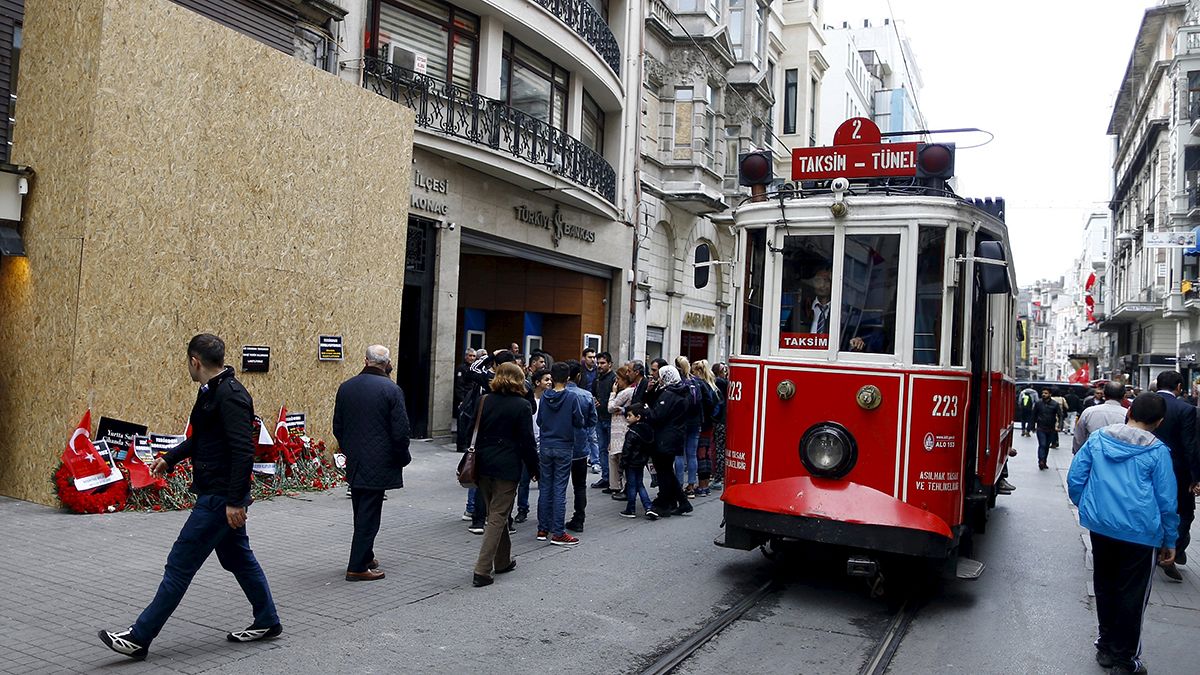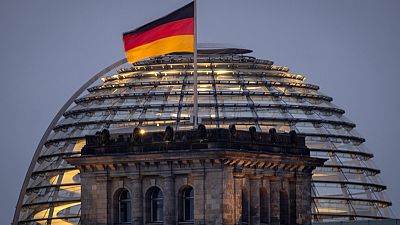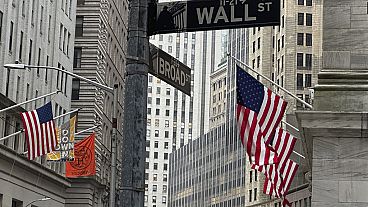In the wake of the Brussels bombings, tourism industry analysts say travellers are getting less likely to shy away from locations after terrorism attacks with hotel occupancy recovery times shortening
After Brussels the question being asked is – how long does it take for people to return to a place after a terrorist attack?
In January, a suicide bomber killed 12 Germans near Istanbul’s Blue Mosque. Germany traditionally accounts for the largest number of visitors to Turkey.
German travel group TUI has reported a 40 percent drop in summer bookings for holidays in Turkey and the picture for Britain, the number three market, is uncertain.
British holiday company Thomas Cook said more of its customers were opting to visit Spain, as well as the United States and Cuba. Fewer wanted to go to Turkey, it added.
Turkey’s tourism revenue is predicted to tumble by around 10.7 billion euros this year.
It seems not many think like one Columbian visitor, who said at the time of the Blue Mosque bombing: “I just have one day left [of my holiday], but if I was staying longer, I would stay. I don’t think terrorism should take hold of us. We should be brave about that.”
Tourists from the richest countries, who tend to be the biggest spenders, are also the most easily spooked by security worries.
Getting used to terrorism
It is estimated French hotels lost 270 million euros from cancelled bookings after last November’s Paris attacks.
The head of Accor, Europe’s largest hotel group, said the effect would probably last three to four months, but that was before Brussels.
This is how one American tourist saw the situation last November: “Unfortunately, people are getting so used to terrorism in our society that people are not going to change their lives for terrorism. They might do it temporarily, but over time I think people just realise that they have to live their lives, they have to move on and go about their daily life and I think tourists will do the same.”
Tourism industry analysts concur, and see recovery times shortening significantly.
In New York after the 9/11 twin towers attacks in 2001, hotel occupancy levels took 34 months to get back to where they were previously.
But following the 2004 bombings at Madrid’s Atocha station they were back after one year and in London following the 7th of July attacks in 2005 it was nine months.



